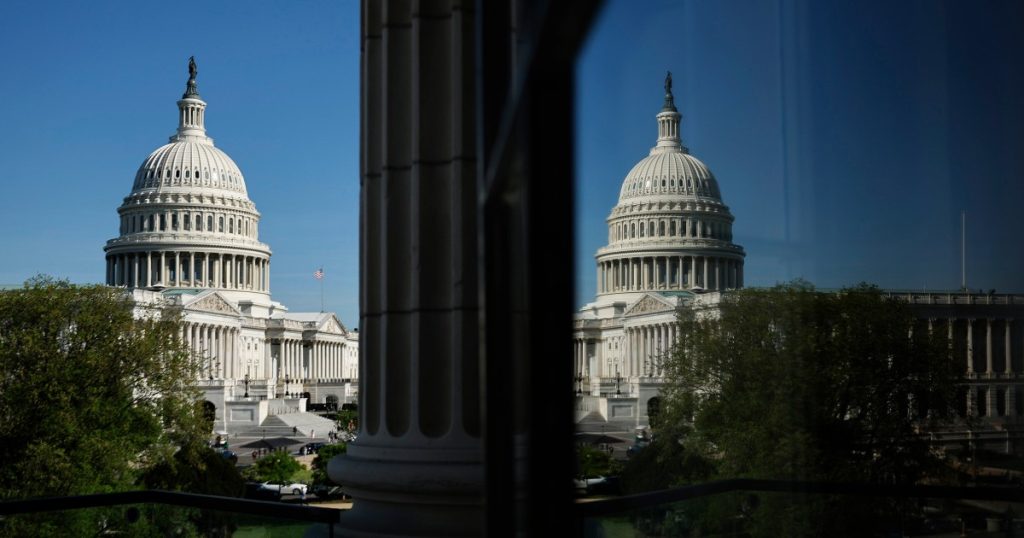The Senate recently voted to reauthorize Section 702 of the Foreign Intelligence Surveillance Act (FISA), a powerful surveillance tool that the U.S. government considers essential in combating terrorism. The bill was passed with a vote of 60-34 and will be sent to President Joe Biden for approval. Despite efforts by civil liberties advocates to add restrictions to the bill, all proposed amendments were defeated, and the legislation was extended for two more years. The Biden administration and supporters of FISA had warned that a lapse in reauthorizing the statute could have negative consequences for national security and intelligence-gathering efforts.
Senate Majority Leader Chuck Schumer praised the bipartisan efforts that led to the reauthorization of FISA, highlighting the importance of the surveillance tool in preventing acts of terror, drug trafficking, and violent extremism. The House had previously passed a two-year FISA renewal, which sparked a debate between the intelligence community and civil liberties advocates over the broad powers granted by the legislation. Critics raised concerns about potential abuses and infringements on the privacy rights of Americans, while supporters emphasized the necessity of the law in protecting national security interests.
Senator Ron Wyden, a vocal advocate for privacy protections, expressed concern about the broad scope of the FISA bill, highlighting a provision that would compel individuals to spy for the government without recourse. Despite reservations from some lawmakers, including President pro tempore Sen. Patty Murray, the bill was ultimately passed in the Senate, much to the relief of supporters who argued that allowing FISA to expire would have put the U.S. in uncharted territory. Senate Intelligence Committee Chair Mark Warner defended the reauthorization, stating that it targeted specific intelligence gaps and did not extend surveillance powers to certain establishments or individuals.
Some lawmakers, such as Sen. John Cornyn, emphasized the critical role that Section 702-derived materials play in the president’s daily briefings, underscoring the importance of the surveillance tool in national security efforts. The passage of the FISA reauthorization bill came after several days of debate and negotiations, with lawmakers advocating for amendments to address concerns about privacy and potential abuses of power. While the bill ultimately passed without major changes, the discussions and disagreements highlighted the ongoing tension between national security imperatives and civil liberties protections.
Overall, the reauthorization of FISA Section 702 reflects the ongoing debate surrounding the balance between national security interests and individual privacy rights. Despite concerns raised by civil liberties advocates and some lawmakers, the bill was passed with bipartisan support, underscoring the perceived importance of the surveillance tool in preventing terrorism and other threats. Moving forward, it remains to be seen how the implementation of FISA will be conducted and whether additional safeguards or oversight mechanisms will be put in place to address concerns about potential abuses of power.


